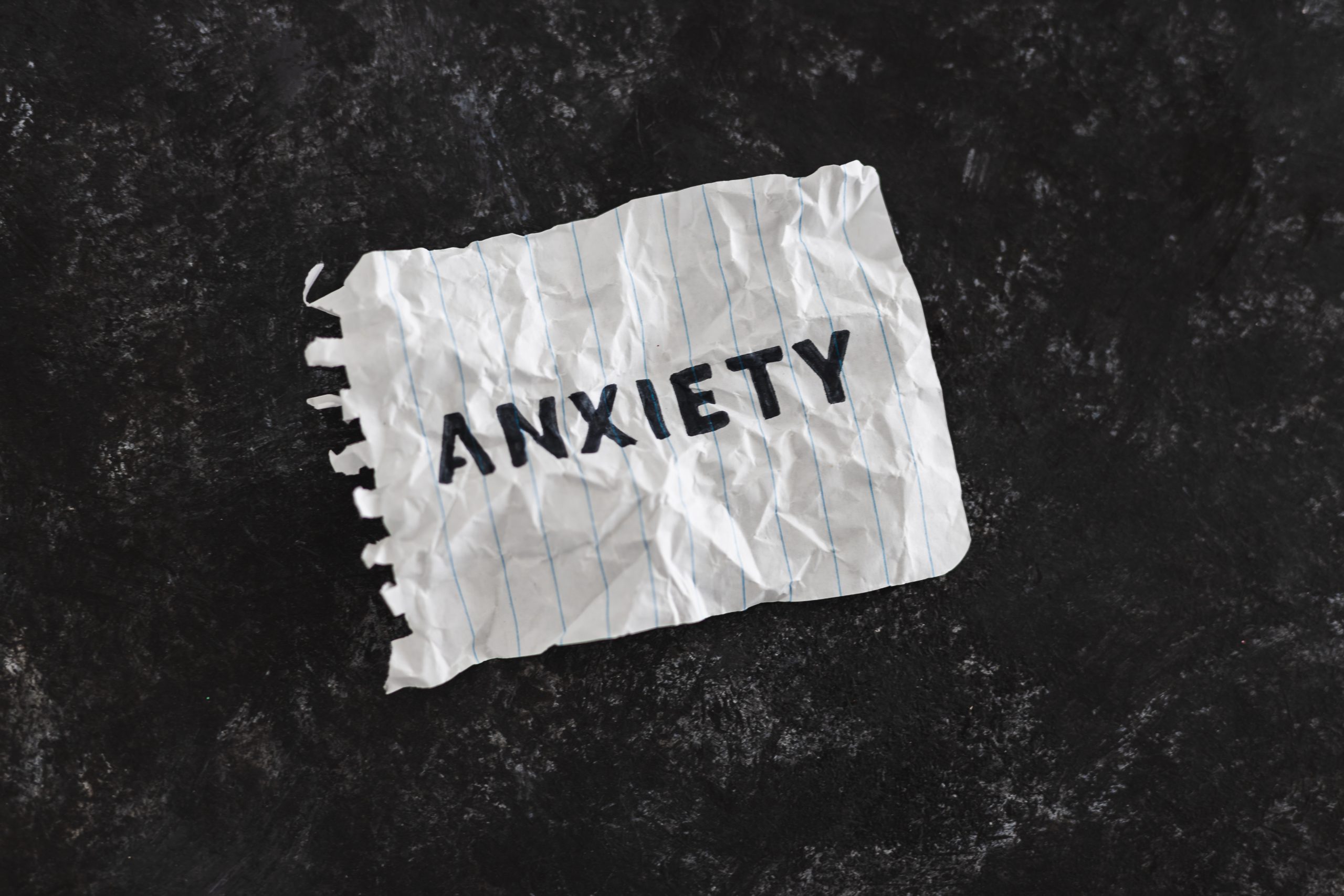If you’ve ever had a panic attack, you know how overwhelming it can be. Your heart races, your chest tightens, it becomes hard to breathe and you may feel like you’re losing control over things. Panic attacks are frightening for people who have them, especially because they often seem to come out of nowhere. But sensations of panic are not random. Panic has a structure. And they’re telling us something, even if we can’t yet put it into words immediately.
From a psychoanalytic perspective, anxiety and panic aren’t just “mental health problems” or chemical imbalances. They are signs that something deeper in us is trying to be heard — something we haven’t been able to process, or that we’ve been trying to avoid.
Why Panic Feels Sudden

People often ask, “What triggered it?” Sometimes there’s an obvious stressor such as a trauma, conflict at work, a relationship breakup. But just as often, panic seems to strike without warning.
In truth, the event that seemly set it off is rarely the full story. It may simply touch a nerve, for example a positive or negative memory, a fear, a past loss. This is something that lives deeper in the psyche. The panic does not start with the presenting situation. It starts with a part of us feeling overwhelmed by something we can’t fully name or symbolise just yet.
It might be an emotion that we’ve had to keep pushed down for years. Or it might be a difficult truth about ourselves or our lives that we’re not quite ready to face. When we can’t say it, the body finds another way to express.
When the Body Speaks for Us
Panic is experienced in the body: shortness of breath, pounding heart, nausea, dizziness, shaking. Some people feel like they’ve left their body altogether, a sense of derealisation, or like they’re not real anymore.
But these aren’t just “symptoms.” They’re a kind of language the body uses when ordinary words fail. When something can’t be faced directly (i.e., a loss, a fear, a buried memory). The tension doesn’t just disappear. It builds, often quietly, until one day it bursts through.
In this way, panic is not irrational. It’s meaningful. It’s just that the meaning isn’t immediately obvious.
Panic or Anxiety?
It can help to consider the difference between these experiences: panic and anxiety according to common classifications:
- Panic disorder is when a person experiences repeated panic attacks, often with no clear warning. A fear of having another attack can take over daily life. People might avoid certain places or situations “just in case.”
- Generalised Anxiety Disorder (GAD) is more of a constant, ongoing worry. It’s like the mind is always anticipating that something bad is going to happen even if everything seems okay on the surface. The anxiety doesn’t explode like a panic attack, but it hums in the background all day, exhausting the person.
Both can be deeply distressing, and both speak to an underlying tension in the person’s life often one that hasn’t been acknowledged or named.
How to Stay Present When Everything Feels Like Too Much
When a panic hits, the most helpful thing is not to fight it. Fighting adds fear on top of fear. Instead, we try to ground ourselves in the present moment. Such as taking slow, steady breaths in through the nose, out through the mouth. Look around the room, outside of yourself, and name a few things you can locate. This is grounding, which may give a quick separation, but it is not therapy.
These techniques don’t “treat” panic, but they help a person feel a little less under threat. They offer a way to stay connected when it feels like things inside are falling apart.
How Can Therapy Help?

Many therapies offer strategies to manage anxiety, and these can be useful. But psychodynamic or psychoanalytic therapy including Lacanian therapy come further. It asks not just how to stop the anxiety, but why it’s happening in the first place.
The therapy considers anxiety and panic not as bad things to eliminate, but as signals. They tell us something is off, something in us is in conflict, even if we don’t yet know what it is.
In therapy, there is time and space to say something about the experience:
- What is this anxiety really about?
- When did it begin?
- What might be the fear underneath the fear?
You don’t need to have the answers before coming to me. That’s the work of therapy, to follow the thread, to listen closely to the language of the symptom, and to let something new be said.
Anxiety Is Not a Mistake

We tend to see anxiety as something wrong: a failure of the mind or body. But from a psychoanalytic view, anxiety is incredibly precise. It shows up exactly when something important is at stake. This is when we’re getting too close to something we don’t yet know how to deal with.
That “something” might be a part of ourselves we’ve pushed away all the time, many times before. A feeling we’re afraid of. A thought that we haven’t considered. A change that is coming but we feel helpless to it.
Anxiety isn’t meaningless. It’s a kind of truth, knocking at the door. It may be painful but it also holds the key to a deeper knowledge about ourselves.
Final Words
Panic and anxiety are difficult to live with. But anxiety is not none sense. They’re meaningful expressions of something unspoken something that asks to be heard, not suppressed.
Seeing a trusted psychotherapist in Melbourne can help you explore these experiences in depth. Therapy offers a space not just for calming the storm, but for listening to it. Over time, you may find that what once felt chaotic or frightening begins to fall into place, not all at once, and not without discomfort but in a way that’s deeply transformative.
The goal is not to get rid of anxiety. The work here is to listen to what it’s telling us and what part of us has been urgently waiting to speak all the time. We give space to this to be spoken in therapy when you wish to contact me.
